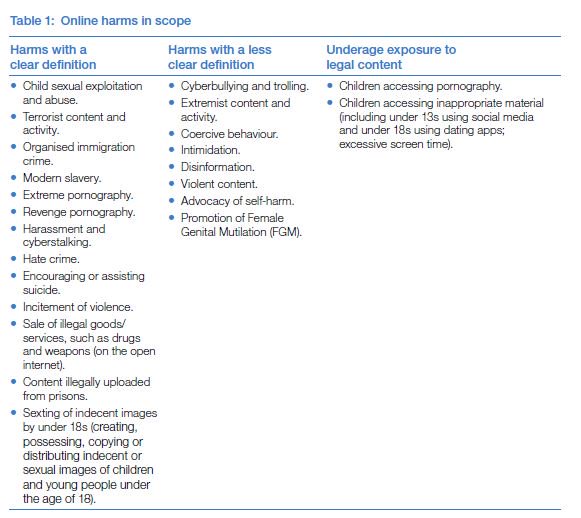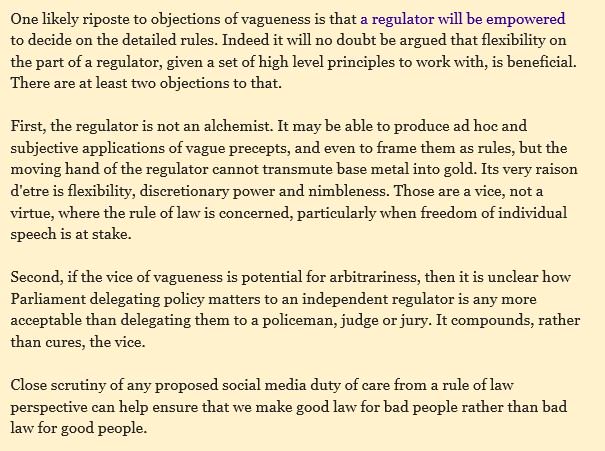
Art 19 Universal Declaration of Human Rights says: “Everyone has the right to freedom of opinion and expression; this right includes freedom to hold opinions without interference and to seek, receive and impart information and ideas through any media and regardless of frontiers.”
Here are ten things that it doesn't say:
1. Everyone has the right, but only by gracious permission of the state, to freedom of opinion and expression.
2. Everyone has the right to freedom of polite, inoffensive and uncontroversial opinion and expression.
3. Everyone has the right to such freedom of opinion and expression as reflects local values.
4. Everyone has the right to freedom of opinion and expression upon production of any two of a passport, driving licence or recent utility bill.
5. Everyone has the right to freedom of opinion and expression of true information; including to seek, receive and impart true information and ideas.
6. Everyone has the right to seek, receive and impart information and ideas through any media, always excepting the internet and social media.
7. Everyone has the right to freedom of opinion and expression from which they do not profit financially.
8. Everyone has the right to freedom of opinion and expression; including to seek, receive and impart information and ideas regardless of frontiers (other than those erected in cyberspace).
9. Everyone has the right to freedom of such opinion and expression as further the goals of society.
10. Everyone has the right to freedom of such opinion and expression as promote the public interest. /end
And, as a bonus. Article 19 of the Universal Declaration of Human Rights does not say: "Everyone has the right to freedom of responsible opinion and expression."
And, as a bumper bonus, Article 19 of the Universal Declaration of Human Rights does not say: "Everyone has the right to freedom of editorially controlled opinion and expression."
As to which, recall Lord Hoffmann: "But a freedom which is restricted to what judges think to be responsible or in the public interest is no freedom. Freedom means the right to publish things which government and judges, however well motivated, think should not be published. ...
...It means the right to say things which "right-thinking people" regard as dangerous or irresponsible. This freedom is subject only to clearly defined exceptions laid down by common law or statute."
• • •
Missing some Tweet in this thread? You can try to
force a refresh





